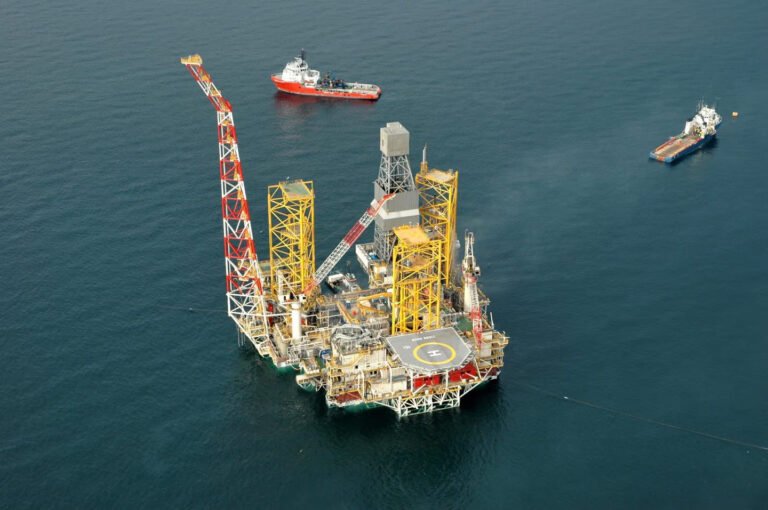BP’s Shah Deniz Platform Halts Production Due to Pipeline Malfunction
A pipeline malfunction has forced BP, the UK-headquartered energy giant, to temporarily stop production from a platform in the Caspian Sea at one of the world’s largest gas-condensate fields and the company’s largest gas discovery ever. The pipeline issue is said to be connected to Azerbaijan’s decision to halt natural gas supplies to Serbia.
Technical Issue at Shah Deniz Alfa Platform
BP’s affiliate in Azerbaijan disclosed on January 10, 2025, that it had suspended operations at its Shah Deniz Alfa (SDA) platform following a technical issue that was found at a subsea pipeline used to handle the transport of gas condensate between the platform and the Sangachal terminal.
While confirming that the subsea pipeline’s technical malfunction did not cause environmental damage or compromise the safety of the platform and pipeline, the company underlined: “The platform, its personnel, and associated facilities are completely safe.”
Impact on Gas Supplies to Serbia
BP also confirmed that it was working to resolve the issue and resume normal operations “as quickly as possible.” Aleksandar Vučić, President of Serbia, confirmed that Azerbaijan informed Serbia of a suspension in daily gas deliveries of 1.7 million cubic meters because of technical issues.
This comes only a day after a new raft of sanctions that the U.S. imposed against Russia targeted Naftna Industrija Srbije (NIS), Serbia’s oil and gas company, due to its Russian ties. The U.S. Treasury’s latest set of financial sanctions targets Russia’s energy sector. However, Serbia’s NIS has a way out, and all it has to do is stop doing business with Russia by March 12 and change its ownership structure.
Challenges for Serbia
While the solution seems simple, the bonds between Russia and Serbia go way beyond the energy sector; thus, this is not a straightforward decision for Vučić, who describes the action the U.S. has taken as “the most severe sanctions ever affecting a company in Serbia.”
While Serbia’s President is likely hoping to get some sort of deal with the new U.S. administration, once President-elect Donald Trump returns to the White House, it is not certain what this will entail as the sanctions can only be revoked with the blessing of the Congress.
Resumption of Gas Supplies
While the Serbian President could not specify when the supplies would resume, he outlined his hope that the resumption would be in a month or two. In the meantime, the Balkan country, which lowered its dependence on Russian gas in 2023 by inking a deal with Azerbaijan, will use its gas reserves.
Background on Shah Deniz Field
Located in the Azerbaijani sector of the Caspian Sea, Shah Deniz is one of the world’s largest gas and condensate fields, which was discovered in 1999. The agreement on the exploration, development, and production sharing for the Shah Deniz prospective area, signed on June 4, 1996, came into force on October 17, 1996.
The field’s reserves are estimated at 1 trillion cubic meters of gas and 243 million tons of condensate. As it was developed in two phases, Shah Deniz Phase 1 (SD1) includes the drilling of 11 wells, the construction of platforms, Sangachal Terminal, and the 692-kilometer South Caucasus Pipeline (SCP) to Türkiye.
The gas produced in Shah Deniz is transported via underwater pipelines to Sangachal terminal, 55 kilometers south of Baku on the Caspian coast. While part of this gas is delivered from Sangachal terminal to SOCAR’s pipeline connected to Azerbaijan’s national gas grid, another part is exported via SCP.
Conclusion
BP is actively working on bolstering the hydrocarbon arsenal from assets in Azerbaijan. To this end, the firm started production from its 48-slot production, drilling, and quarters platform in the Caspian Sea at its giant oil field in April 2024.

